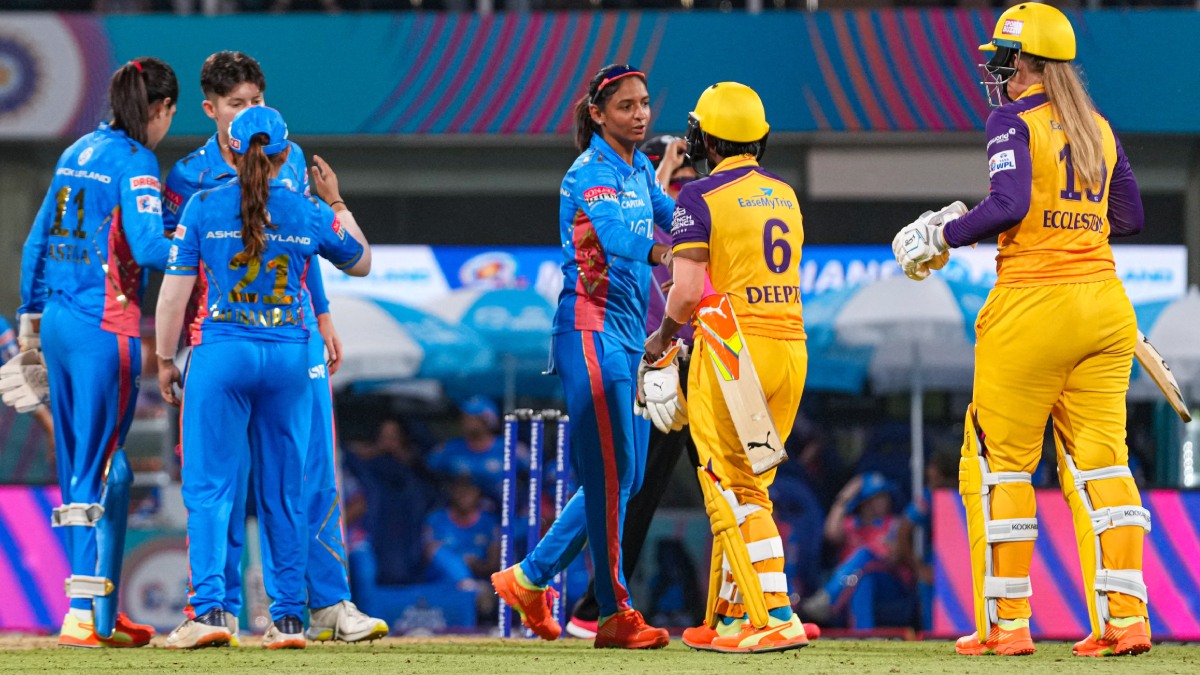Ramadan Moon Confirmed Ramadan, the holiest month in Islam, has officially begun as Saudi Arabia has confirmed the sighting of the crescent moon. Millions of Muslims worldwide eagerly anticipate this announcement, as it marks the beginning of a month dedicated to fasting, prayer, and reflection. The tradition of moon sighting holds deep spiritual significance, connecting Muslims to centuries-old practices.The announcement from Saudi authorities signals the start of fasting from dawn to dusk, fostering a sense of unity among Muslims across the globe. With the first day of fasting set to commence tomorrow, communities are gearing up for a spiritually enriching experience filled with devotion and acts of kindness.
2. The Official Moon Sighting Announcement
Saudi Arabia plays a pivotal role in moon sighting, as many countries follow its lead in determining the start of Ramadan. The Supreme Court of Saudi Arabia relies on reports from dedicated moon-sighting committees and Islamic scholars.This year, the crescent moon was sighted in multiple locations across the country, leading to an official declaration. The announcement was made after the Maghrib prayer, confirming that fasting will begin tomorrow. This moment brings a wave of excitement and preparation, as families and mosques finalize their plans for the holy month.
3. Significance of Ramadan in Islam
Ramadan is not just about abstaining from food and drink; it is a time for spiritual purification, self-discipline, and strengthening one’s connection with Allah. The Quran states:
“O you who believe! Fasting is prescribed for you as it was prescribed for those before you, that you may attain piety.” (Quran 2:183)Fasting helps Muslims develop empathy for those who are less fortunate while also fostering gratitude and self-control. It is a time for deep reflection, increased worship, and seeking forgiveness.
4. The First Day of Fasting – What to Expect Ramadan Moon Confirmed
As the sun rises on the first day of Ramadan, millions will wake up early for Sehri (Suhoor), the pre-dawn meal that sustains them throughout the day. After Fajr prayer, the fast officially begins, with no food or drink until Iftar, which takes place at sunset.Many will spend the day engaged in prayer, reading the Quran, and performing good deeds. In the evening, Iftar is a joyous occasion, often shared with family and friends. Dates and water traditionally break the fast, followed by a nutritious meal. The night concludes with Taraweeh prayers, a special Ramadan prayer held in mosques.
5. Ramadan Calendar and Fasting Timings
Fasting hours vary depending on geographical location. In Saudi Arabia, the fast typically lasts around 14-15 hours, whereas in other parts of the world, it can range from 11 to 20 hours. The daily Ramadan routine revolves around key prayer times:Sehri (Pre-dawn meal): Before Fajr prayerFajr (Dawn prayer): Marks the beginning of the fastDhuhr (Noon prayer): Midday prayerAsr (Afternoon prayer): Late afternoon prayerMaghrib (Sunset prayer): Iftar and breaking the fastIsha (Night prayer): Followed by Taraweeh prayers
With this schedule in mind, Muslims plan their meals and worship, ensuring they maximize the blessings of Ramadan.
6. Rules and Guidelines for Fasting
Fasting during Ramadan is a sacred obligation for all adult Muslims, but there are specific rules and exemptions. Understanding these guidelines ensures that the fast is observed correctly and in line with Islamic teachings.
Who is Required to Fast?
All adult Muslims who are physically and mentally able.
Children are not required to fast, but some may participate for shorter periods.
Individuals in good health with no serious medical conditions.
Who is Exempt from Fasting?
Elderly individuals who are too weak to fast.
Pregnant or breastfeeding women if fasting affects their health or their baby’s well-being.
Travelers who are on long journeys (they can make up for missed fasts later).
Sick individuals who need medication or medical attention.
Menstruating women or those experiencing postnatal bleeding (they must make up missed fasts later).
Things That Invalidate the Fast
Eating or drinking intentionally during fasting hours.
Smoking or consuming any kind of substance that enters the body.
Vomiting intentionally or forcing oneself to throw up.
Engaging in sexual activity during fasting hours.
Menstruation or postnatal bleeding (fast is automatical
Ramadan is a time of increased devotion, and Muslims engage in extra prayers, Quran recitation, and acts of worship.
Taraweeh Prayers
One of the highlights of Ramadan is Taraweeh, a special prayer performed after Isha (night prayer). These prayers are offered in mosques and can last for up to an hour, as large portions of the Quran are recited. Some aim to complete the entire Quran during Ramadan through Taraweeh.
Quran Recitation
Many Muslims aim to complete the recitation of the entire Quran during Ramadan. Reading and understanding the Quran during this month is believed to bring immense rewards.
Dua (Supplications) and Seeking Forgiveness
Ramadan is an opportunity to seek Allah’s forgiveness and ask for blessings. Many stay up late making dua, especially in the last ten nights, which are considered the most sacred.
8. The Role of Charity and Zakat in Ramadan
Charity is a fundamental part of Ramadan, as generosity and kindness are highly encouraged.
Types of Charity Given During Ramadan:
Zakat (Obligatory Charity) – A fixed percentage (2.5%) of one’s savings given to the poor and needy.
Sadaqah (Voluntary Charity) – Additional donations given out of goodwill.
Fidya – A donation made by those unable to fast due to health reasons.
Zakat al-Fitr – A small amount of charity given before Eid prayer to ensure that everyone can celebrate the festival.
Giving charity not only helps those in need but also purifies the soul and increases one’s blessings.
9. Cultural Celebrations and Traditions
Ramadan is observed differently across various cultures, but the essence remains the same.
Night markets become lively, selling special Ramadan delicacies and prayer essentials.
Despite cultural variations, the sense of unity and spirituality remains the same worldwide.
10. Health and Nutrition During Ramadan
Fasting for long hours can be physically demanding, so maintaining a healthy diet and proper hydration is essential.




